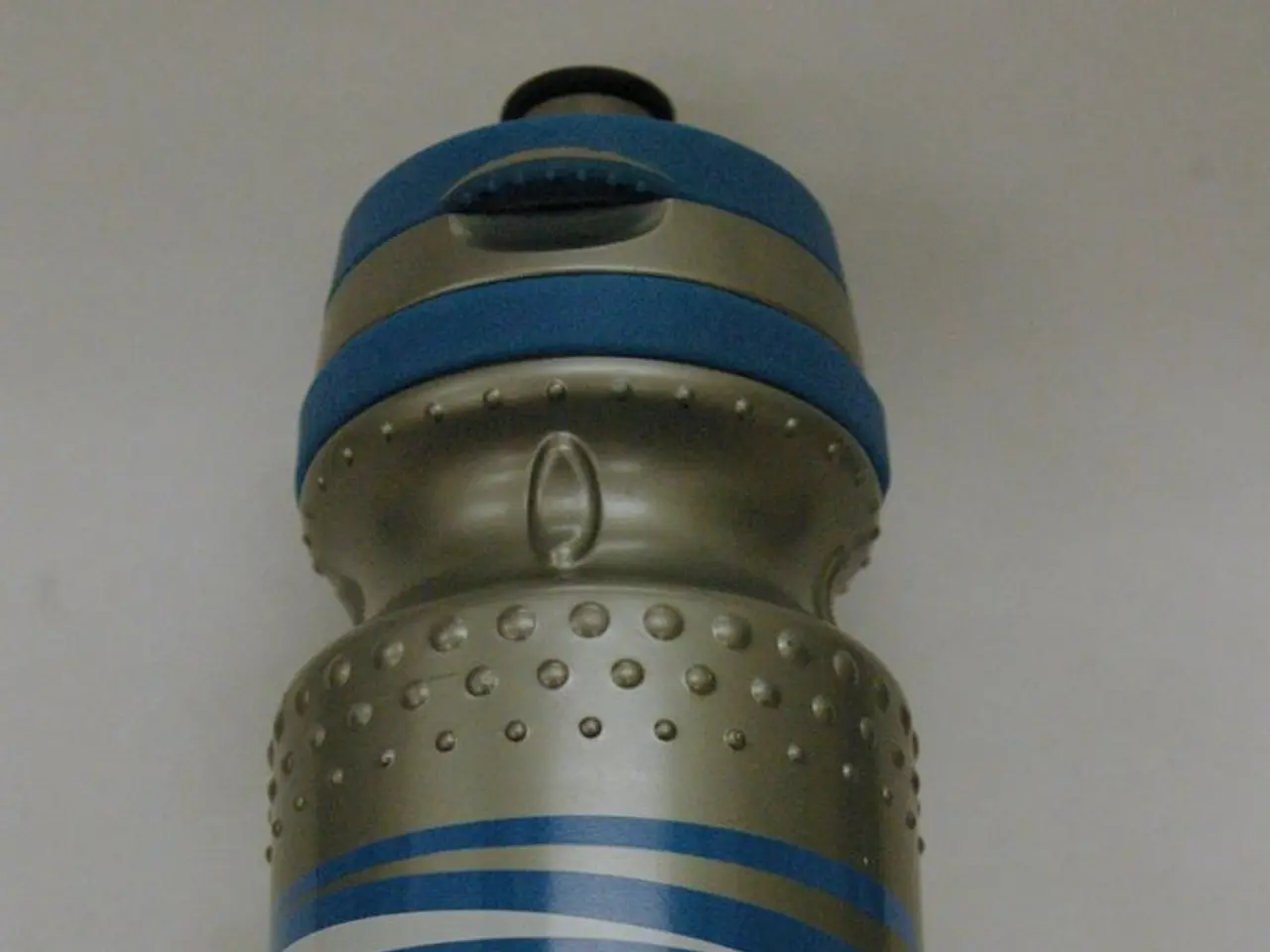Online Biopsy via Liquid Sample Analysis
In the rapidly evolving field of oncology, the latest innovations in clinical liquid biopsy techniques are set to transform the way we detect and manage cancer. These advancements, as discussed in the Liquid Biopsy ONLINE series, are centred around multi-cancer early detection, utilising advances in circulating tumour DNA (ctDNA) analysis combined with artificial intelligence (AI) and metagenomics.
These innovations promise highly sensitive, non-invasive detection of cancer biomarkers, enabling tumour dynamics monitoring and personalised cancer risk profiling. By integrating molecular, immune, and metabolic data using AI, early-stage cancers can be detected with increased accuracy, paving the way for tailored prevention strategies.
The clinical application of these technologies extends to monitoring treatment response and minimal residual disease (MRD). Compelling evidence suggests that detecting molecular relapse through serial ctDNA testing can guide earlier treatment adjustments, potentially improving progression-free survival. FDA-approved liquid biopsy tests, such as Liquid CDx, now support detection of actionable mutations to guide therapy selection across various cancers including non-small cell lung and breast cancer.
However, several challenges remain for wider clinical adoption. Standardisation and refinement of liquid biopsy technologies are needed, and the optimal timing and frequency for ctDNA monitoring require clarification. The cost-effectiveness and impact on overall survival need further validation through ongoing studies.
Technological hurdles include overcoming limitations in detecting low-abundance cell-free DNA fragments and ensuring assay sensitivity and specificity. Additionally, integrating complex multi-omics data and balancing clinical utility with affordability continue to be key issues.
The Liquid Biopsy ONLINE series will address these considerations as we enter the prime time for clinical use of liquid biopsies. The series, scheduled for three parts, will provide insights from experts in the field, including Jaclyn Biegel, Chief of Genomic Medicine and Director for Personalized Medicine at Children's Hospital Los Angeles.
Webinar 1, titled "Leveraging Liquid Biopsy for a More Personalised Approach to Cancer Treatment and Monitoring," is scheduled for Tuesday, 14 November at 3pm GMT / 4pm CET / 10am EST. Subsequent webinars, including Talk 2 in Webinar 3 and Talk 1 in Webinar 2, will delve into clinical considerations, therapy monitoring, and MRD detection in various cancer types.
By attending the webinar series, attendees will learn about the latest liquid biopsy assays for various biomarkers and tumour types, and gain insights into the applications, challenges, and benefits associated with liquid biopsies in precision oncology. Registration for one webinar grants access to all subsequent webinars in the series.
- In the realm of oncology, molecular data integration using AI from clinical liquid biopsy techniques is transforming cancer detection and management, focusing on multi-cancer early detection.
- These advancements, as discussed in the Liquid Biopsy ONLINE series, leverage circulating tumour DNA (ctDNA) analysis, AI, and metagenomics for highly sensitive, non-invasive detection of cancer biomarkers.
- By offering tumour dynamics monitoring and personalised cancer risk profiling, these innovations enable the detection of early-stage cancers with increased accuracy, propelling tailored prevention strategies.
- The clinical application of these technologies covers monitoring treatment response, minimal residual disease (MRD), and providing evidence for guiding earlier treatment adjustments, potentially improving progression-free survival.
- The adoption of these techniques faces challenges, like standardising and refining liquid biopsy technologies, determining the optimal timing and frequency for ctDNA monitoring, and validating cost-effectiveness and impact on overall survival.
- Technological hurdles include overcoming limitations in detecting low-abundance cell-free DNA fragments, ensuring assay sensitivity and specificity, and balancing clinical utility with affordability in multi-omics data integration.
- Subsequent webinars, including Webinar 2 and Webinar 3, will delve into clinical considerations, therapy monitoring, MRD detection in various cancer types, and the latest liquid biopsy assays for different biomarkers and tumour types in personalized medicine, health-and-wellness, and cancer science.




